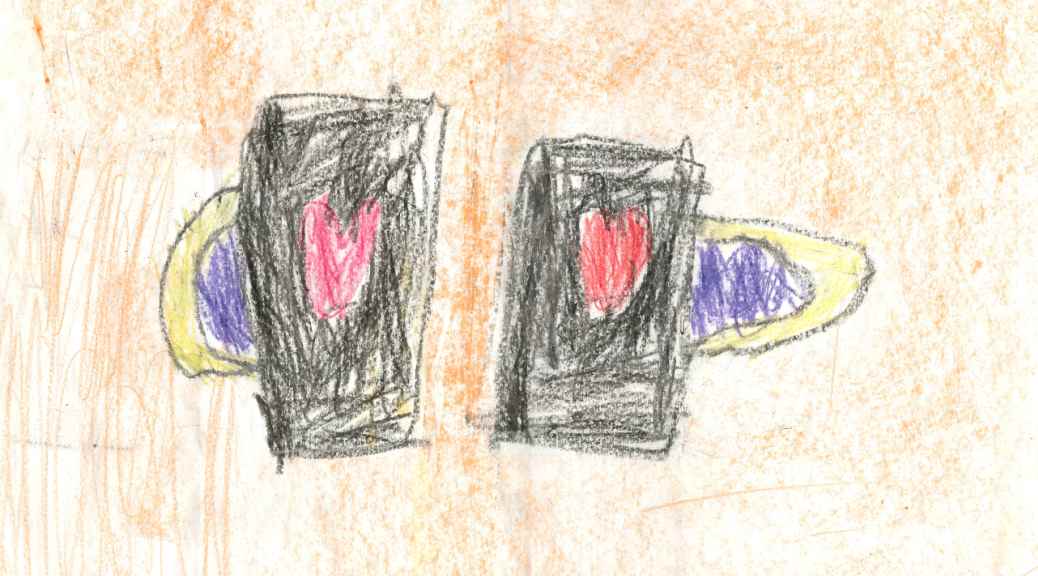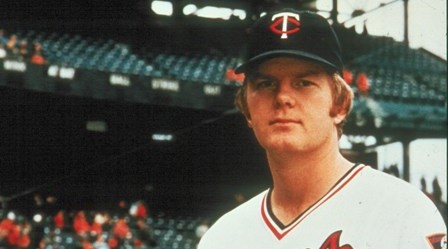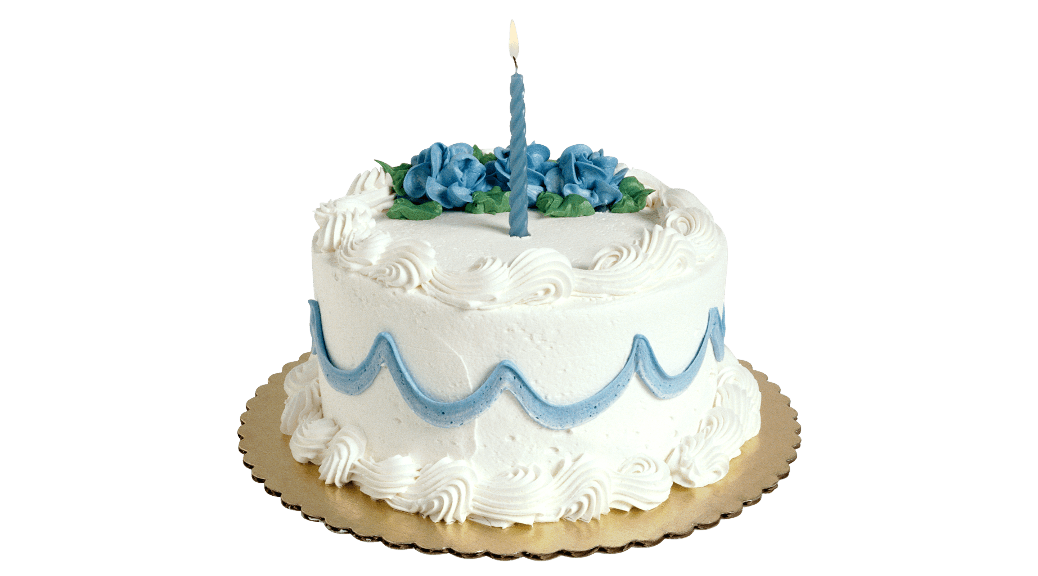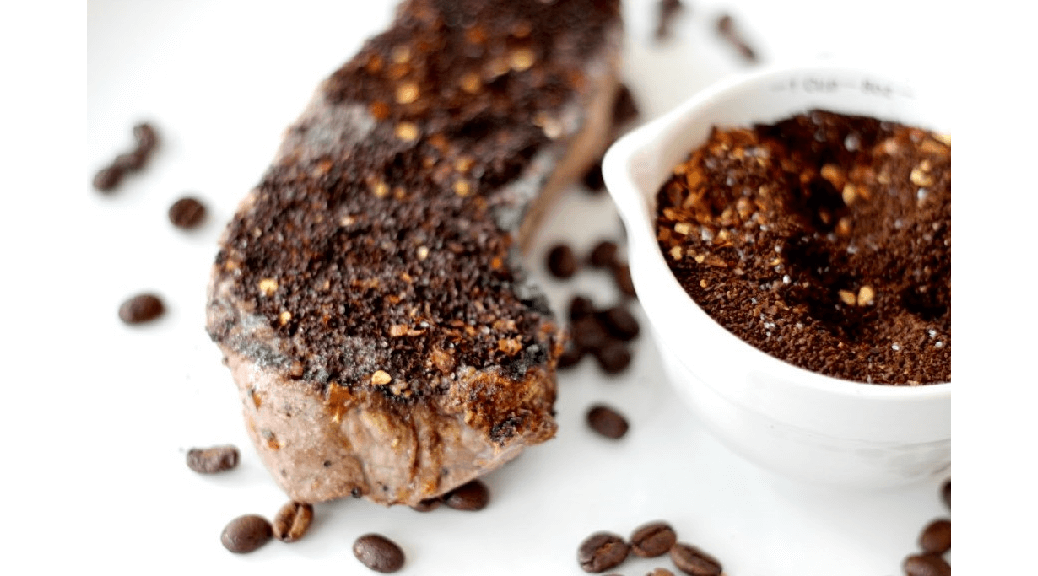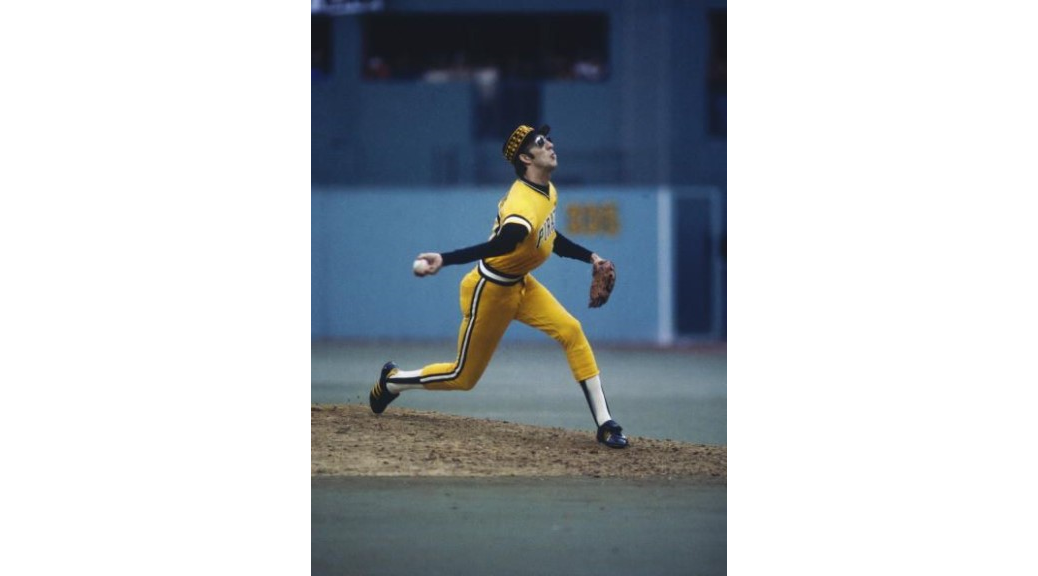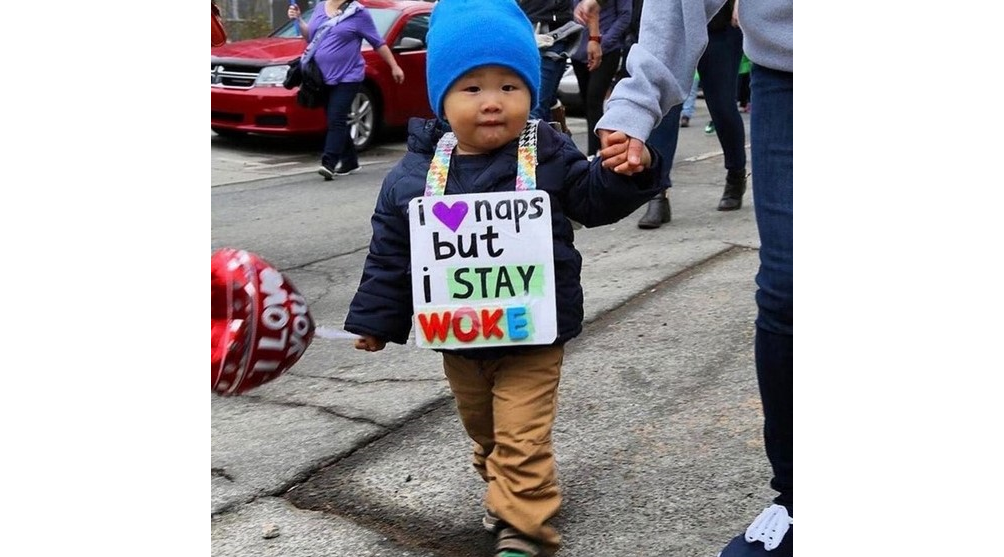No more babies in the house.
Monthly Archives: June 2020
The Lovin’ Spoonful – Summer in the City
1986
Initial Time We Play A Game With Two Letters For Four Consecutive Weeks
Just in case the guy on KFAN has got his intellectual property ducks in a row with his Kickstarter thing, I will not refer to this game by the same name he has given his version. Instead, this will be the initial time I "host" a game for the second on this platform with the following rules:
1. I will give you two letters (for example, "K.P"). All the items that week will be a two-word answer in which each word begins with letter in the appropriate spot. The answer can be a person, place, thing, or other two-word phrase. For example, if "K.P." are the letters, then one answer might be Kirby Puckett. Another answer might be "Krakow, Poland." And so on.
2. I will provide six clues for each answer. The clues will be provided one-at-a-time.
3. If you believe you know the answer, make a Spoilered guess in the thread. The point will go to whomever correctly identifies the answer first. If you submit an incorrect response, then you can no longer submit for that particular answer.
4. The participant with the most correct answers at the end of the week wins. (If there is a tie, then I will have tiebreakers for only the participants in the tie.)
5. You're going to be on the honor system, but you should not be using the internet or other resources.
The letters will be revealed, and clues for the first phrase will commence at 9:00am.
Random Rewind: 1977, Game One Hundred Eighteen
MINNESOTA 13, BALTIMORE 9 IN BALTIMORE
Date: Monday, August 15.
Batting stars: Dan Ford was 3-for-5 with a double, a stolen base (his sixth), two runs, and two RBIs. Larry Hisle was 2-for-3 with a double, two walks, a stolen base (his eighteenth), two runs, and two RBIs. Craig Kusick was 2-for-4 with two home runs (his ninth and tenth) and five RBIs. Bob Gorinski was 2-for-4 with a two-run homer (his second). Bobby Randall was 2-for-5 with two runs.
Pitching star: Ron Schueler pitched three innings, giving up one run on two hits and no walks and striking out one.
Opposition stars: Ken Singleton was 2-for-4 with a two-run homer (his eighteenth), a walk, and two runs. Eddie Murray was 2-for-4 with a walk and two RBIs. Lee May was 2-for-4 with a home run, his ninteenth. Al Bumbry was 2-for-4 with a double and a walk. Andres Mora was 2-for-5 with two home runs (his eighth and ninth) and three RBIs.
The game: Roy Smalley led off the game with a walk, was bunted to second, went to third on a ground out, and scored on Hisle's single to put the Twins up 1-0. The Orioles took the lead in the bottom of the second when Bumbry and Singleton singled, May walked to load the bases, and Murray delivered a two-run single. The Twins went back in front in the second when Butch Wynegar walked and Gorinski followed with a two-run homer. It was 3-2 Twins after an inning and a half.
Baltimore took the lead back in the third when Singleton walked and Mora hit a two-run homer. They added to their lead in the fourth when Dave Skaggs singled and scored on Bumbry's double-plus-error. But in the fifth, Randall singled, Hisle walked, and Kusick hit a three-run homer to put the Twins ahead 6-5.
The Orioles loaded the bases in the bottom of the fifth, but did not score. It cost them, as the Twins scored five times in the sixth. The first two batters went out, but then Smalley walked, Randall doubled, Ford had a two-run single, Hisle had an RBI double, and Kusick hit a two-run homer, making the score 11-5.
Baltimore tried to get back into it. Singleton hit a two-run homer in the sixth and Mora a solo shot in the seventh to cut the lead to 11-8. But the Twins got a run in the eighth when Ford doubled and scored on a Rod Carew single and one more in the ninth Lyman Bostock doubled and scored on a Bud Bulling single. May homered in the ninth to complete the scoring, but the Orioles did not get the tying run even to the on-deck circle.
WP: Schueler (5-4). LP: Rudy May (13-11). S: None.
Notes: Kusick, normally the DH, was at first base in place of Carew. Bulling was in the lineup at DH. Jerry Terrell was at third in place of Mike Cubbage. Bostock, normally in center, was out of the lineup, with Hisle moving from left to center and Gorinski in left.
Carew pinch-hit for Kusick in the eighth and stayed in the game at first base. Cubbage pinch-hit for Terrell in the eighth and stayed in the game at third base. Bostock pinch-hit for Gorinski in the ninth and stayed in the game in left.
Oddly, Bostock played 90 games in center and 60 in left, while Hisle played 71 games in left and 63 in center. I don't remember, but it appears Gene Mauch couldn't make up his mind which way his defense would be stronger. On the other hand, knowing Mauch, he may have based it on the field they were playing in, which way the wind was blowing, whether his pitcher was a groundball or a flyball pitcher, or any of a hundred other factors.
Carew was leading the team in batting at .380. He would finish at .388. Bostock was batting .334. He would finish at .336. Hisle would also finish over .300, at .302. Unsurprisingly, the Twins led the league in batting average at .282.
Hisle led the team in homers with 28. Carew and Bostock each hit 14. Kusick has 12, Ford 11, and Wynegar 10. The Twins were eleventh in the league in home runs.
Dave Goltz started for the Twins. He had a good year in 1977, but you couldn't tell it from this game. He lasted just four innings, allowing five runs on seven hits and two walks and striking out three. By game scores, it was tied for his second-worst game of the season. For the season, he was their best starting pitcher, and in fact their only reliable starting pitcher, going 20-11, 3.36. The others were Paul Thormodsgard (11-15, 4.62), Geoff Zahn (12-14, 4.68), and Pete Redfern (6-9, 5.18). It was pretty much a four-man rotation all year, as no one else made more than seven starts. Reliever Tom Johnson was second on the team in wins, going 16-7, 3.13. He also had 15 saves.
This was one of three games Bulling had at DH, and one of fifteen games he played as a Twin. He was normally a catcher.
This was the only season of Gorinski's major league career. The home run he hit was one of three in his career. He had hit 28 home runs at AAA Toledo in 1976, and was one of a long line of "next Killebrews" before the Twins finally realized that you can't just create a "next Killebrew".
The Twins had three regulars out of the lineup, two of who were batting well over .300, and yet scored thirteen runs. That's baseball.
Record: The Twins were 68-50, in first place in the American League West, a half game ahead of Chicago. They would finish 84-77, in fourth place, 17.5 games behind Kansas City. The Royals went 38-10 after this date.
The Orioles were 67-49, in second place in the American League East, 3.5 games behind Boston. They would finish 97-64, tied for second with Boston, 2.5 games behind New York. The Yankees went 34-12 after this date.
Random Record: The Twins are 35-27 in Random Rewind games.
Catherine Wheel – Heal
gotta try to chill my mind out for a day here
Happy Birthday–June 2
Jack O’Connor (1866)
Frank Verdi (1926)
Bob Lillis (1930)
Larry Jackson (1931)
Bob Bennett (1933)
Jerry Lumpe (1933)
Gene Michael (1938)
Horace Clarke (1940)
Jim Maloney (1940)
Roger Freed (1946)
Jack O’Connor (1958)
Darnell Coles (1962)
Bryan Harvey (1963)
Mike Stanton (1967)
Kurt Abbott (1969)
Raul Ibanez (1972)
Neifi Perez (1973)
Jared Burton (1981)
Tim Stauffer (1982)
Bob Bennett was the baseball coach at Fresno State for many years, winning 1,302 games.
Roger Freed was drafted by Minnesota in 1966, but the pick was voided.
June 2, 2020: Smokeboys Wanted
Okay, I am not a grill master whatsoever, but I've been dabbling a bit. I'm curious about smoking, though it feels beyond my abilities. Anyone want to put together a Smoking on a Grill for Dummies Nation Has An Appetite post for next Monday? Pay is you get to eat smoked meat sometime between now and next Monday!
2020 WGOM Draft: Round 24
Order:
rowsdower
hungryjoe
cheaptoy
TheDreadPirate
Beau
CarterHayes
brianS
Nibbish
bhiggum
sean
Freealonzo
SoCalTwinsFan
Mike
Algonad
Philosofer
Talking to Kids about Race (Especially for White Parents)
With all that's been going on lately, how are the Citizens with young kids handling it? I want to share some thoughts, tips, and resources, in case they're helpful. And if you don't have young kids but know someone who does, please feel free to share this with them.
First off--do you really have to talk about race with kids? Can't you just tell them that everyone is equal and let them figure it out from there? Nope! The world is not colorblind, and neither are your kids. A while back, I read the book NurtureShock, which has a great chapter called “Why White Parents Don’t Talk about Race.” You can check out an excerpt here. The key takeaway is that even very young kids see skin color differences and that not talking about race results in kids jumping to conclusions that are probably not what you wanted them to have.
And think about it. Once kids hit a certain age, they're going to hear things at school, from kids on their baseball team or in their gymnastics class or from someone at in their scout troop. So wouldn't you rather have given them a certain level of knowledge and understanding for when things come up in situations you're not a part of?
Telling a kid that a cop killed a Black man in your community is wrenching. When we told the jalapeno, who is nearing ten years old, about George Floyd's murder (omitting graphic details), he asked "But why?" in this voice that broke my heart. I was glad that at least we've been talking about race and racism for a long time already with him. When you have already been talking about race with your kid, in a moment of crisis you're not starting from zero.
So where do you start? I probably have a bias toward books, but I also think they're a great way to have a conversation about something without making it about your kid or their friend or anything that feels more personal.
Here's a great list of picture books you can use to start these conversations: 31 Children’s Books to Support Conversations on Race, Racism, and Resistance.
For the youngest kids, you can preorder Antiracist Baby by Ibram X. Kendi, which comes out on June 16. And here's a list with more great board books for babies and toddlers.
For a resource specifically about police violence toward Black men, there's a good book called Something Happened in Our Town that's also been made into a 9-minute video you can share. I like that it includes both a white family and a black family in the storyline. Consider watching it with your kids as a way to launch a conversation. If you get the book, there is a lot of information for parents and educators about how to talk more with kids.
Earlier this morning, I read an article in the Washington Post specifically about the need for white parents to talk about race with their kids. There were three key points I found helpful.
1. Include books, TV shows, movies, music, etc., by nonwhite people as a regular thing for your family. And expand your circles to include people of different ethnicities. The article didn't mention this, but supporting minority-owned restaurants and other business would be another great thing to do.
Our actions speak at least as loudly as our words, and kids pick up A LOT just by seeing what we do. Remember that if you're only reading books about Black people when talking about slavery and civil rights, you're not sharing a complete picture of Black life.
To find good, diverse book for kids that aren't specifically about racism or oppression, a great tool is the Our Story app from We Need Diverse Books.
2. Educate yourself and your kids accurately about history. The article doesn't mention this, but I think doing so also gives you the background so that you can speak up as needed in conversations with your kids' teachers to advocate for a more accurate, more inclusive curriculum.
There are lots of lists circulating right now for what adults can do--here's one with a lot of good resources. And here is a graphic with some great books--the caption includes suggestions on what to start with if you're feeling overwhelmed.
One key book I read last year was An Indigenous Peoples' History of the United States for Young People, which has helped me have better conversation with my kids about our country's history, since my own education in school was profoundly lacking when it comes to Indigenous history.
3. Talk often about current events and things you're seeing on social media. We white people are so often uncomfortable talking about race because we didn't grow up doing it. But by making it a regular part of conversation, you and your kids will start becoming more comfortable having these conversations at home--and out in the world.
Keep in mind that you're not going to have one conversation about race with your kids. Like everything important in parenting, it's something that will come up repeatedly. And your conversations will expand and deepen. And kids will ask questions sometimes when you're not ready for them. But remember that your kids don't need you to have all the right answers. They just need your willingness to talk.
Finally, if you've made a donation in recent days, talk to your kids about the place you're donating to and why. When I was a kid, I had no idea my parents donated anywhere, and while I get the instinct to not call attention to it, I didn't really understand that donating was important because we weren't talking about it.
So I hope this is all helpful, and I wish all the parents out there lots of strength and support today and every day!
George Harrison & Leon Russell – Beware Of Darkness
h/t Painter

